Double Trouble

This was insane. Giant, keg sized bottles of Roundup in my local store. Double the trouble for one low price! At least on the front end. But on the back end – as far as I’m concerned – is pandora’s box of chemical warfare disguised as a helpful, make-your-life-simple remedy for battling anything unwanted. My sheltered, homespun world of managing an organic garden was all mixed up. Hold on. Studies have revealed the dangers of Roundup – I’ve read them. Glyphosate, the active ingredient in Roundup, may have replaced chemicals such as 2,4-D but it’s no better than its big brother.
 A recent study found that glyphosate resistant weeds, “superweeds”, were up by 25% from 2011 to 2012. This means that croplands with glyphosate resistant weeds have extended to 61.2 million acres. And these weeds are multiplying. But why are farmers still using Roundup? And what about the average homeowner hoping to get a leg-up on his/her dandelion infested lawn?
A recent study found that glyphosate resistant weeds, “superweeds”, were up by 25% from 2011 to 2012. This means that croplands with glyphosate resistant weeds have extended to 61.2 million acres. And these weeds are multiplying. But why are farmers still using Roundup? And what about the average homeowner hoping to get a leg-up on his/her dandelion infested lawn?
The truth about Roundup:
- It’s harmful to you, your family and your pets. It’s also harmful to me – your neighbors – and everything living downstream of you.
- It kills human cells and the cells of other living things. It’s also been found to cause cancer, miscarriage and birth defects.
- Roundup ready crops, GMO’s, cause cancer *.
- It destroys the natural life cycle within soil, the microbes and other critters that are the true workhorse for the earth and essential to all food webs.
- Monarch butterfly population decline is now linked to the widespread use of Roundup and Roundup Ready crops.
Don’t use Roundup.
Try hand weeding, sheet mulching or other, organic alternatives.
Shoot or pass this pistil.
*Gilles-Eric Séralini, Emilie Clair, Robin Mesnage, Steeve Gress, Nicolas Defarge, Manuela Malatesta, Didier Hennequin, Joël Spiroux de Vendômois, “Long term toxicity of a Roundup herbicide and a Roundup-tolerant genetically modified maize,” Food and Chemical Toxicology, Available online September 19, 2012
Listen
Buy The Book
Special offers
Newsletter Signup
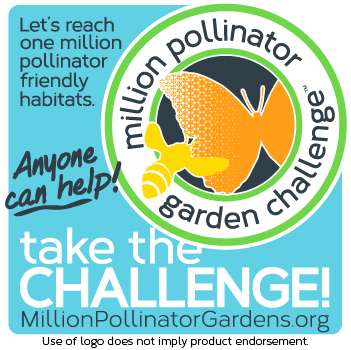
Archives
Disclosure
Pass The Pistil is a participant in the Amazon Services LLC Associates Program and other affiliate programs such as Etsy, affiliate advertising programs designed to provide a means for sites to earn fees by advertising and linking to curated affiliate sites.


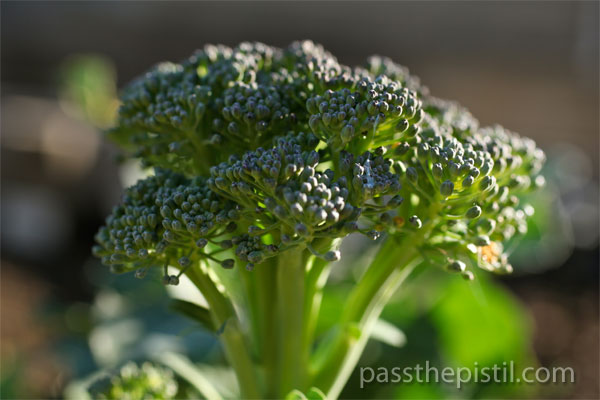
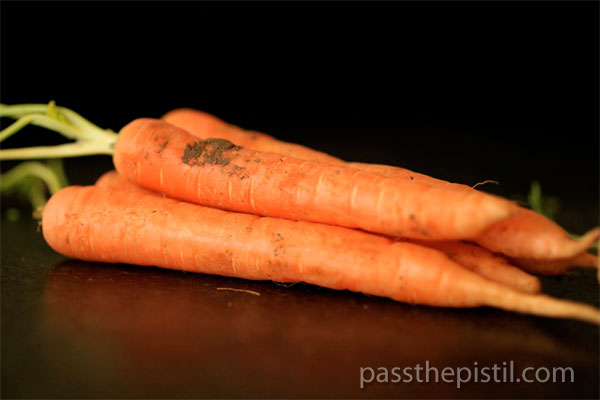
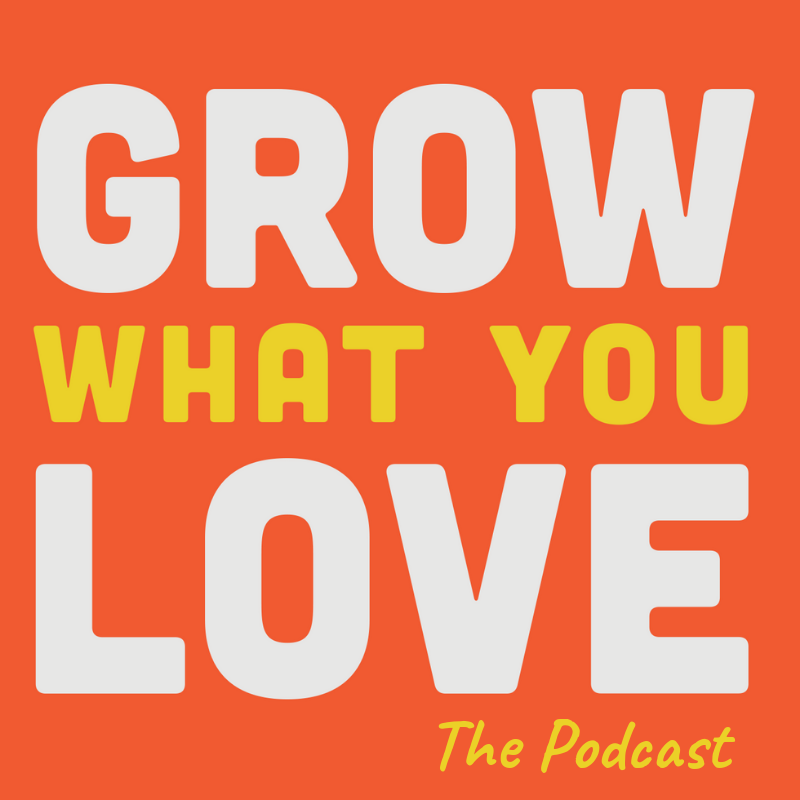





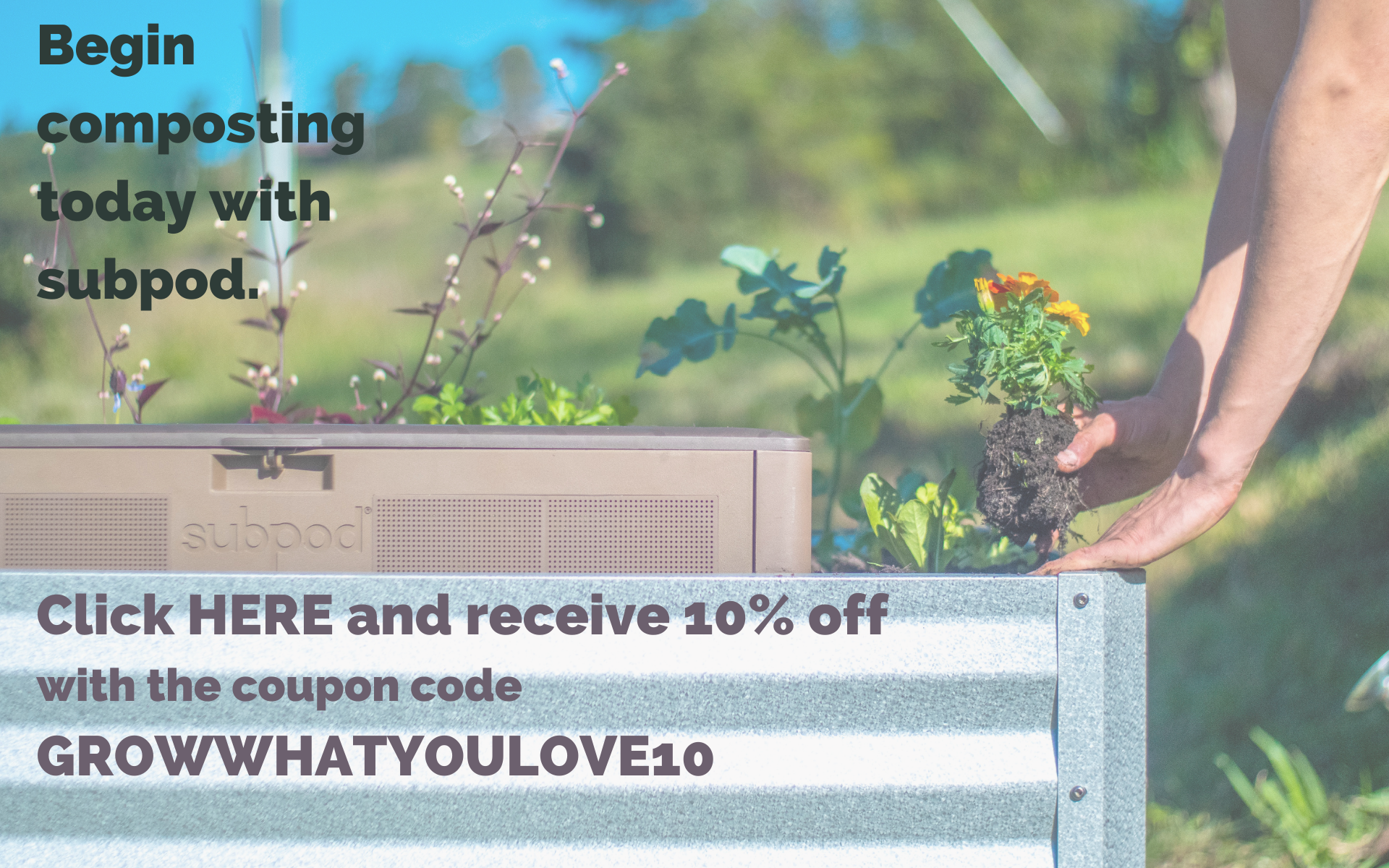
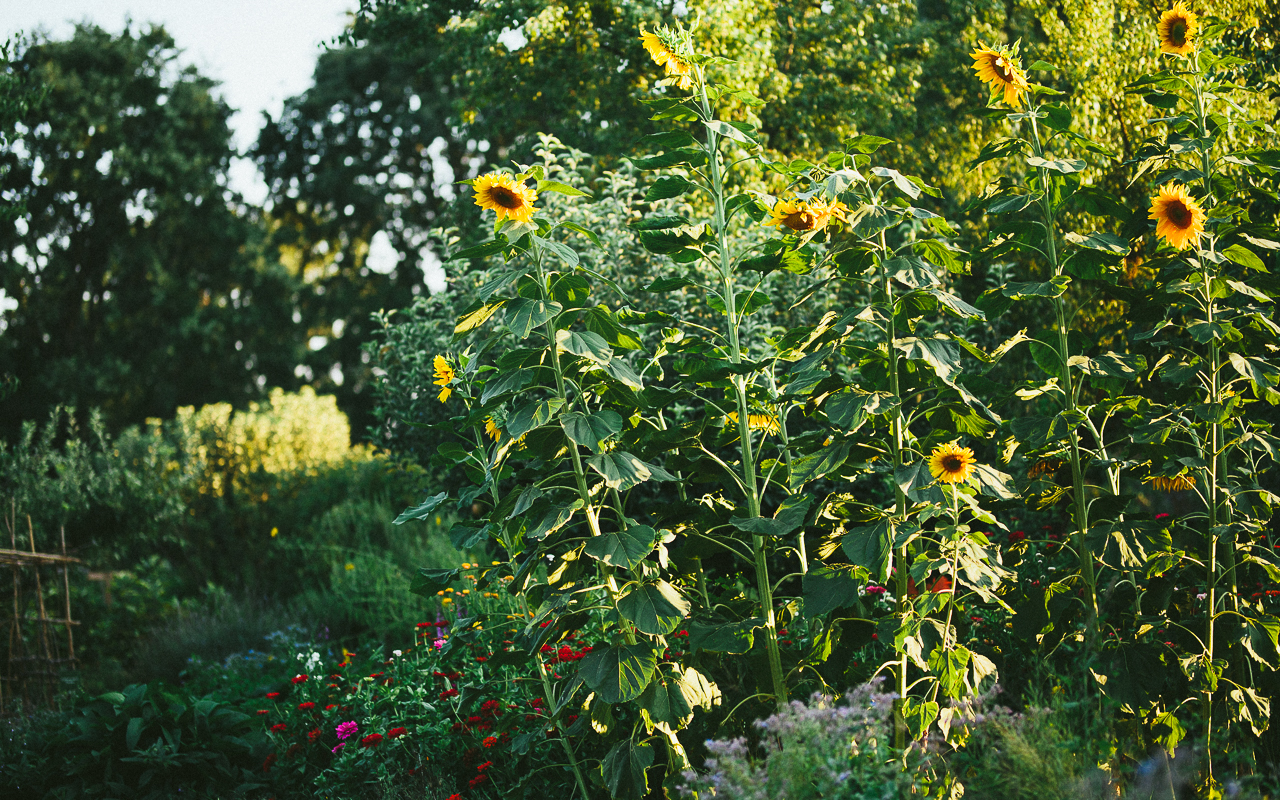
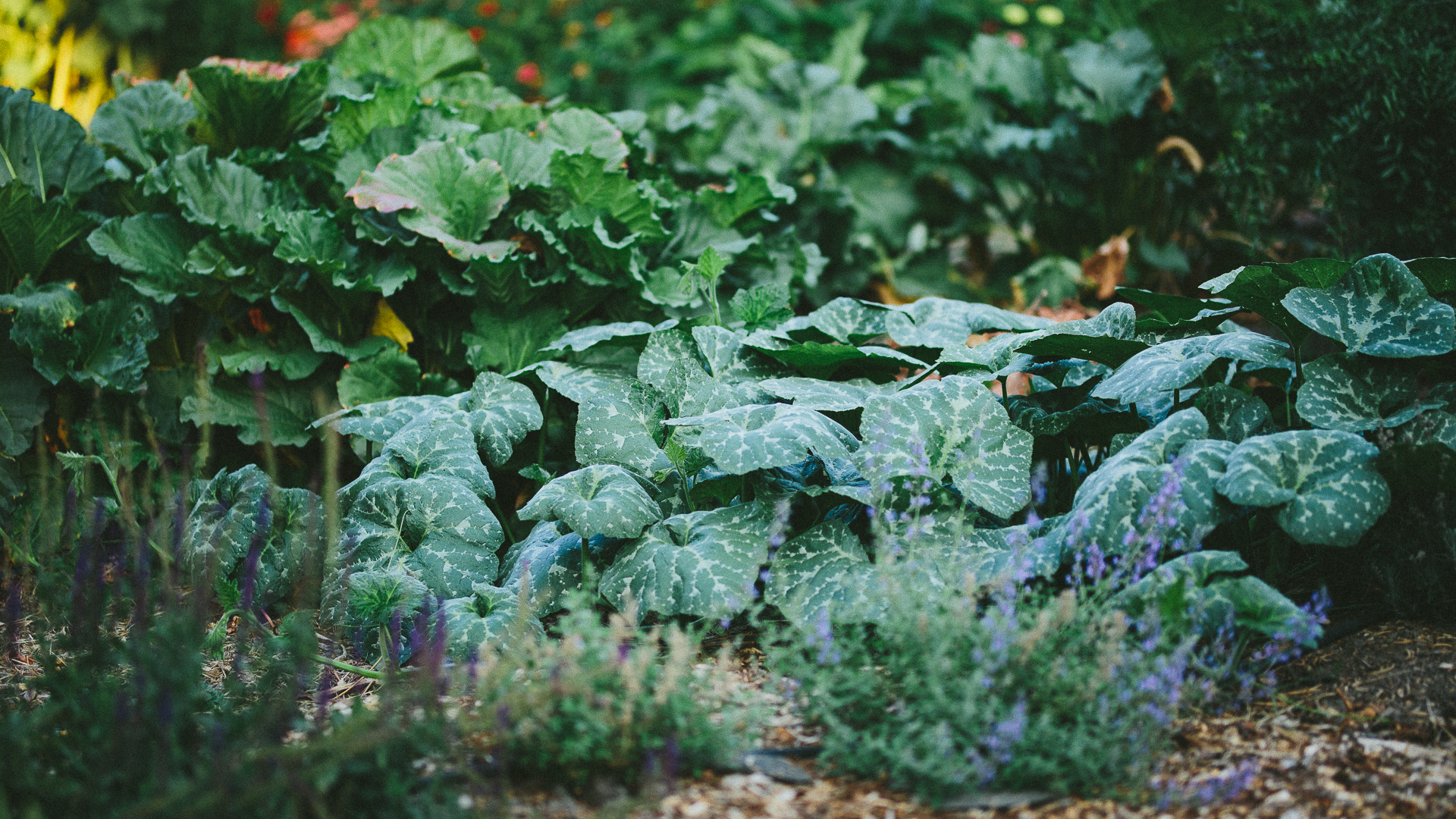
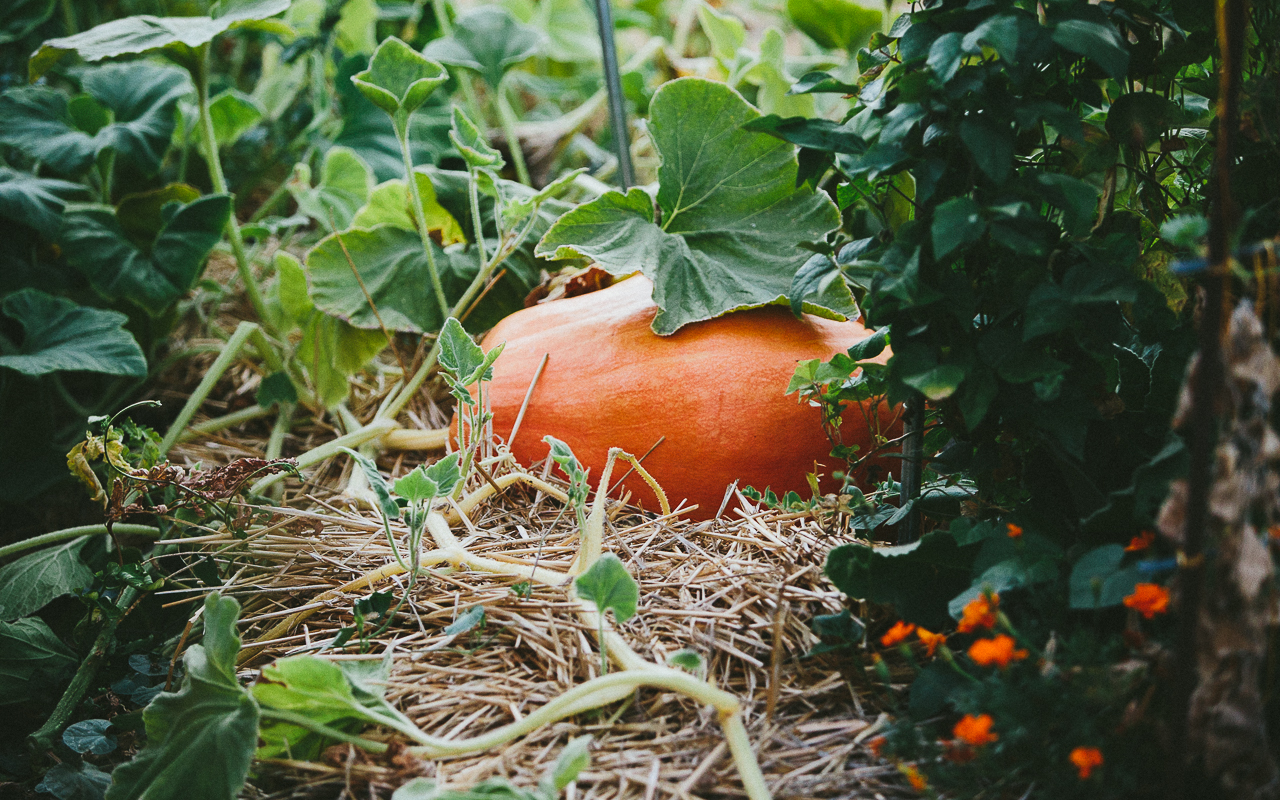
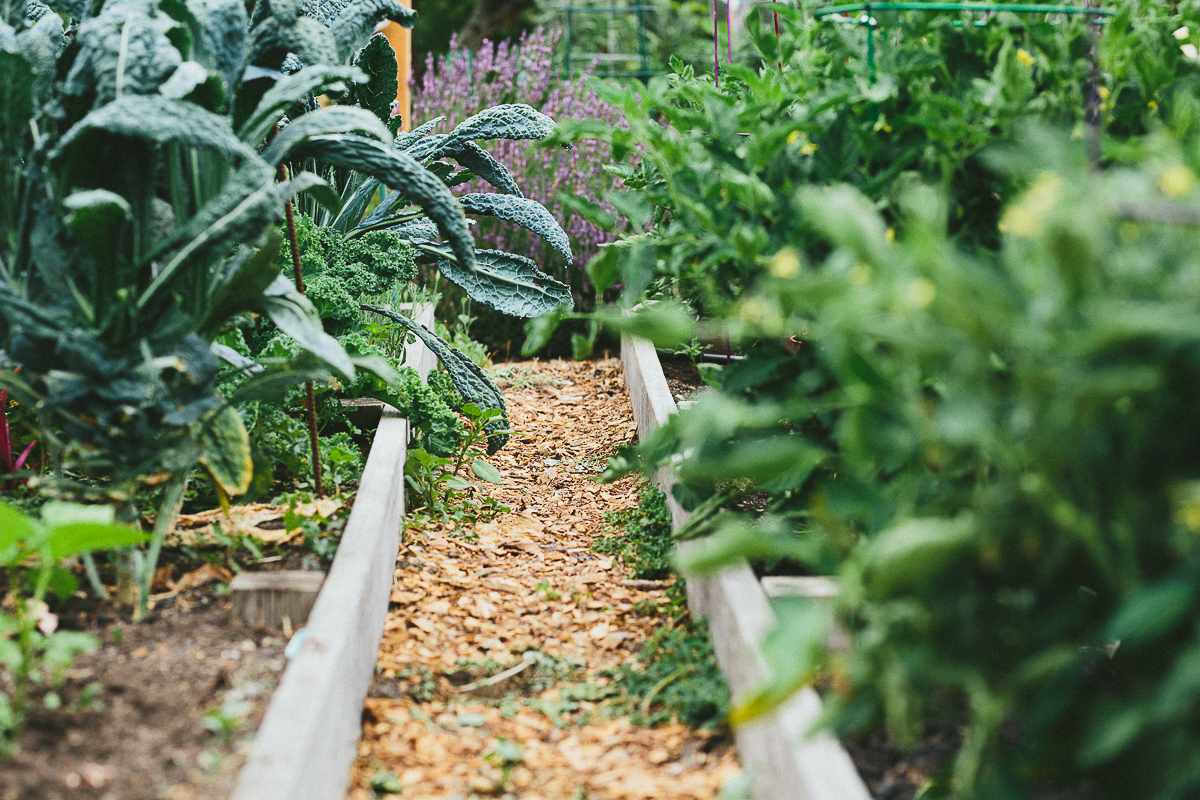
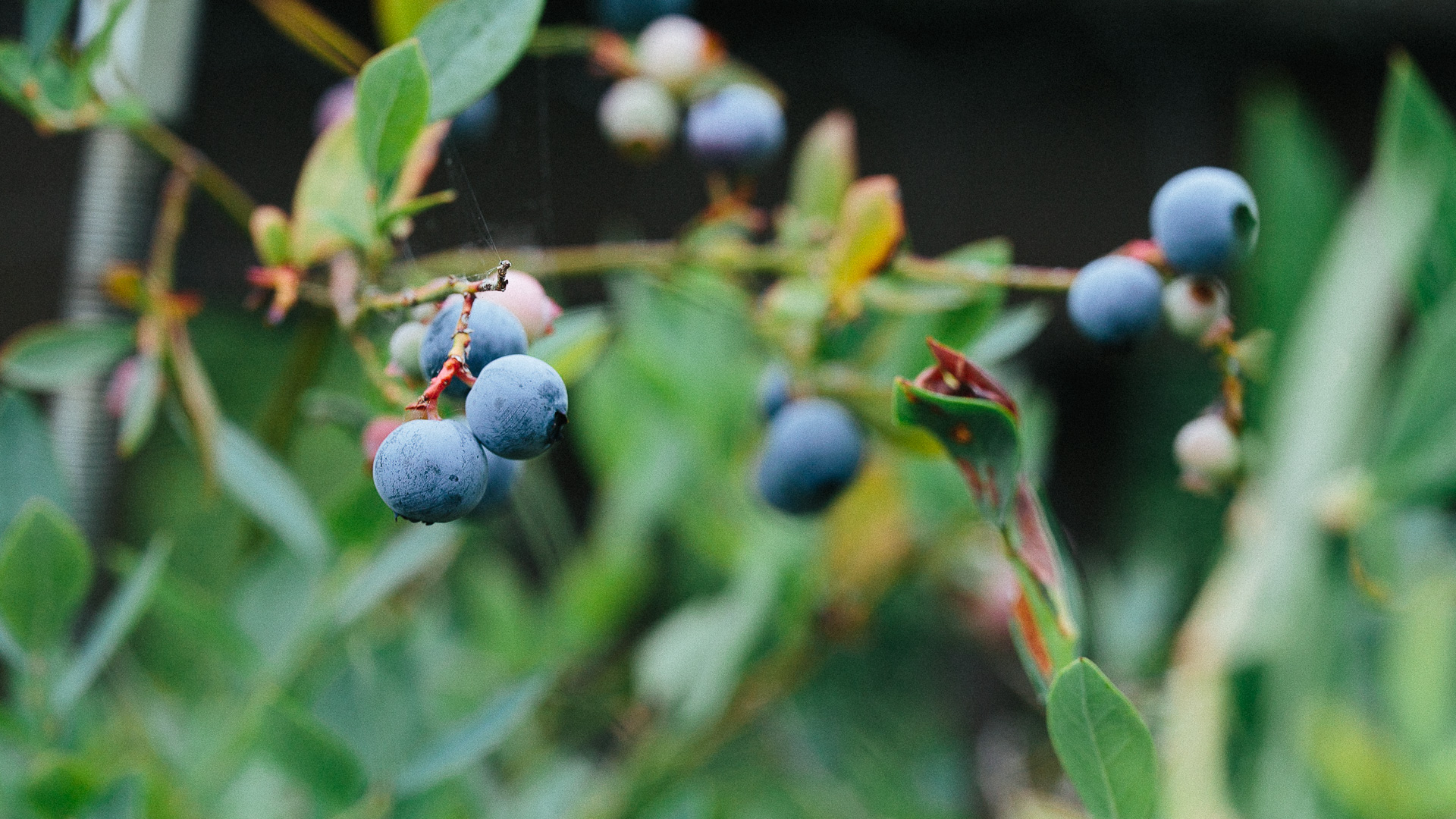
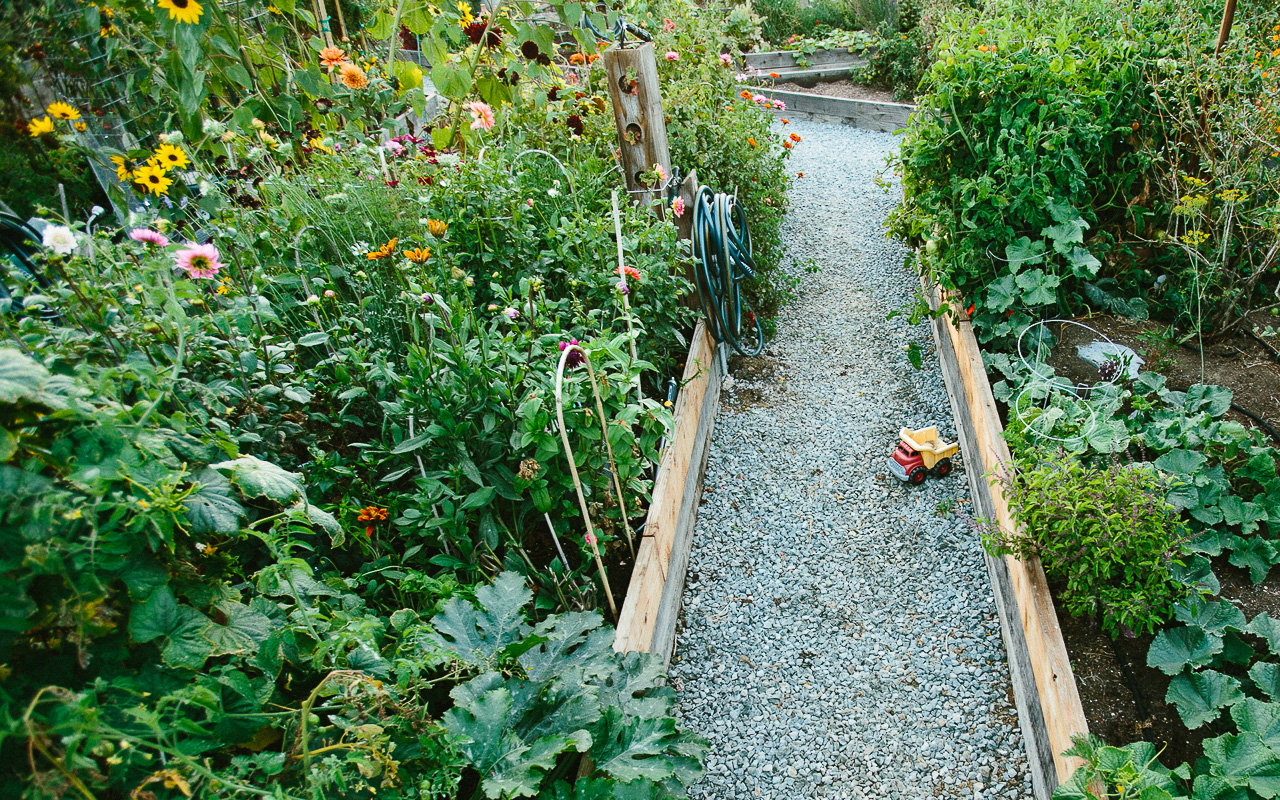
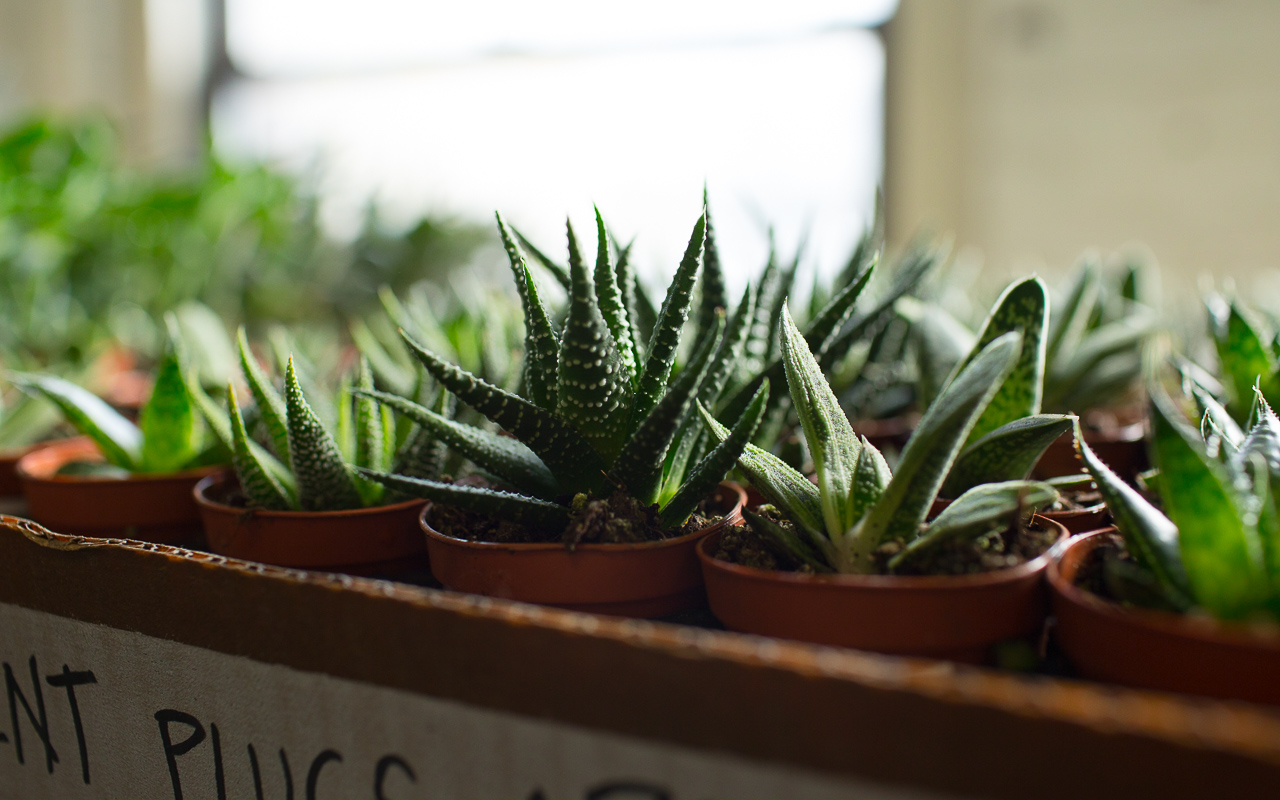
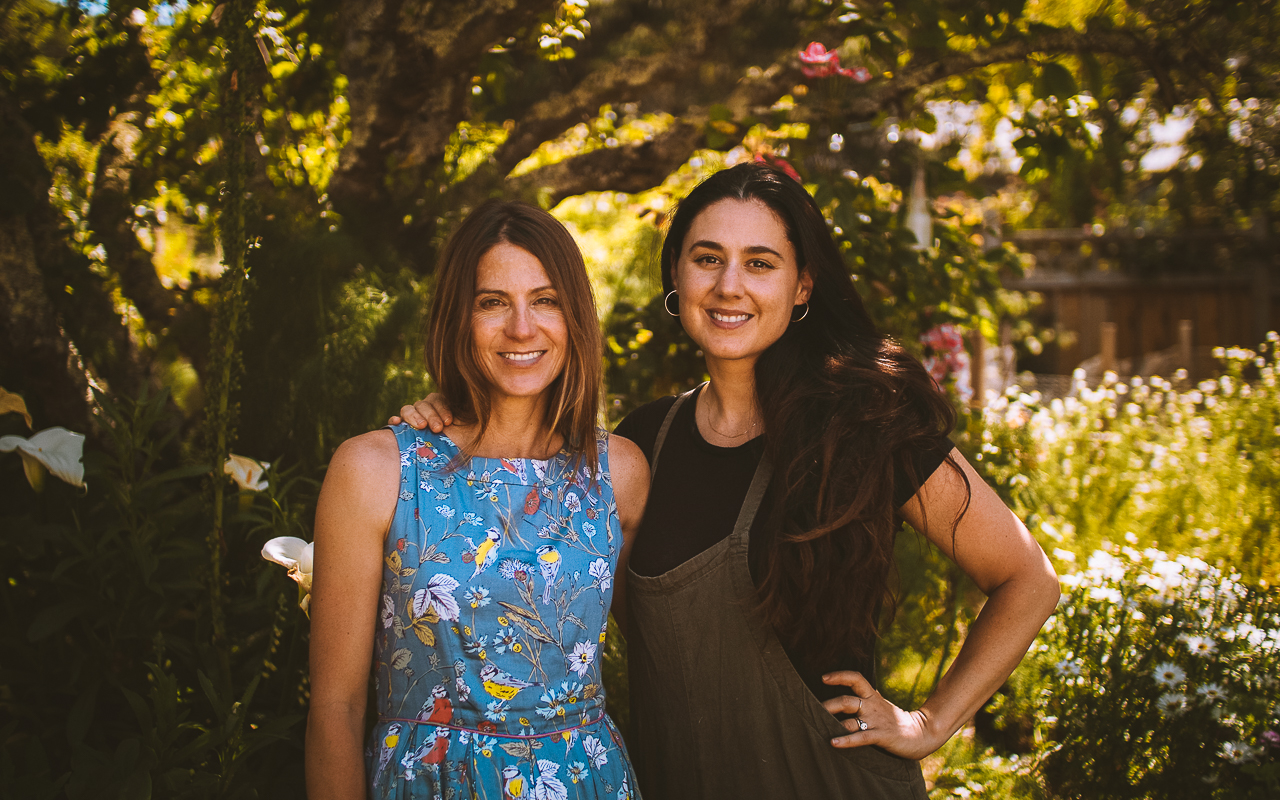
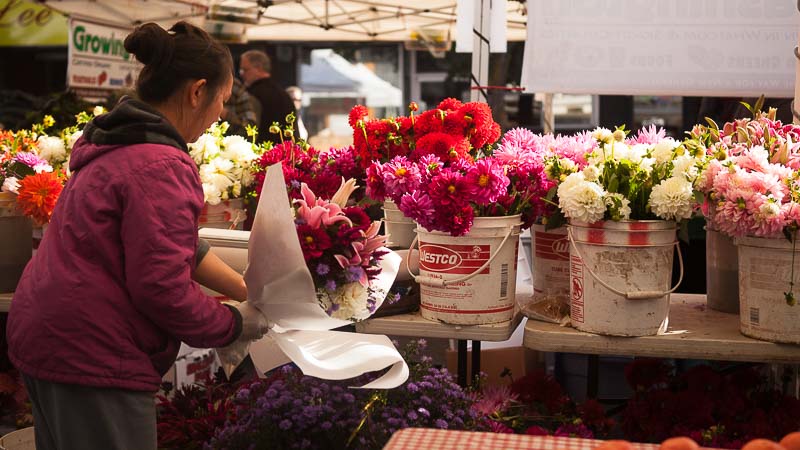
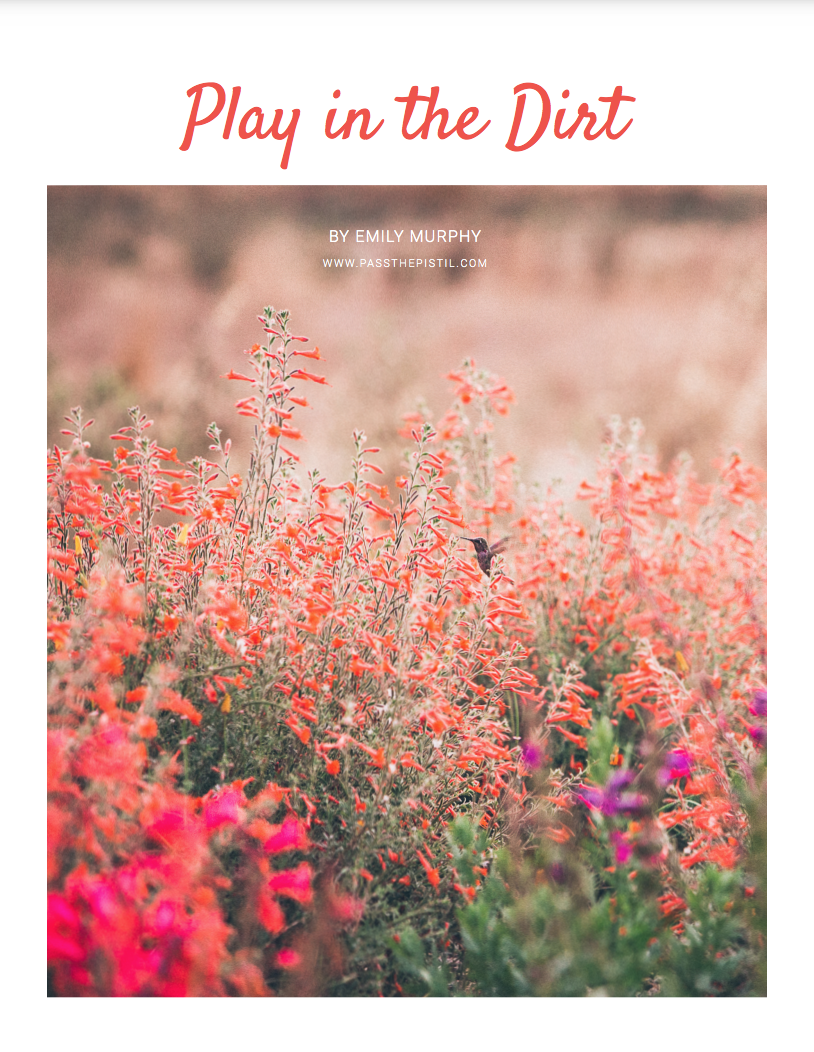

AMEN! I actually stopped shopping at a local garden center when I overheard an employee recommending this stuff to an obviously new gardener. You don’t need this toxic garbage to have a beautiful yard! And, I’m convinced Monsanto and its freaky products will be the end of us.
Brande, agreed! We need to get the message out there. It’s poison – requiring hazardous waste management when thrown out! Crazy to put it on our food and gardens. Thanks for sharing!